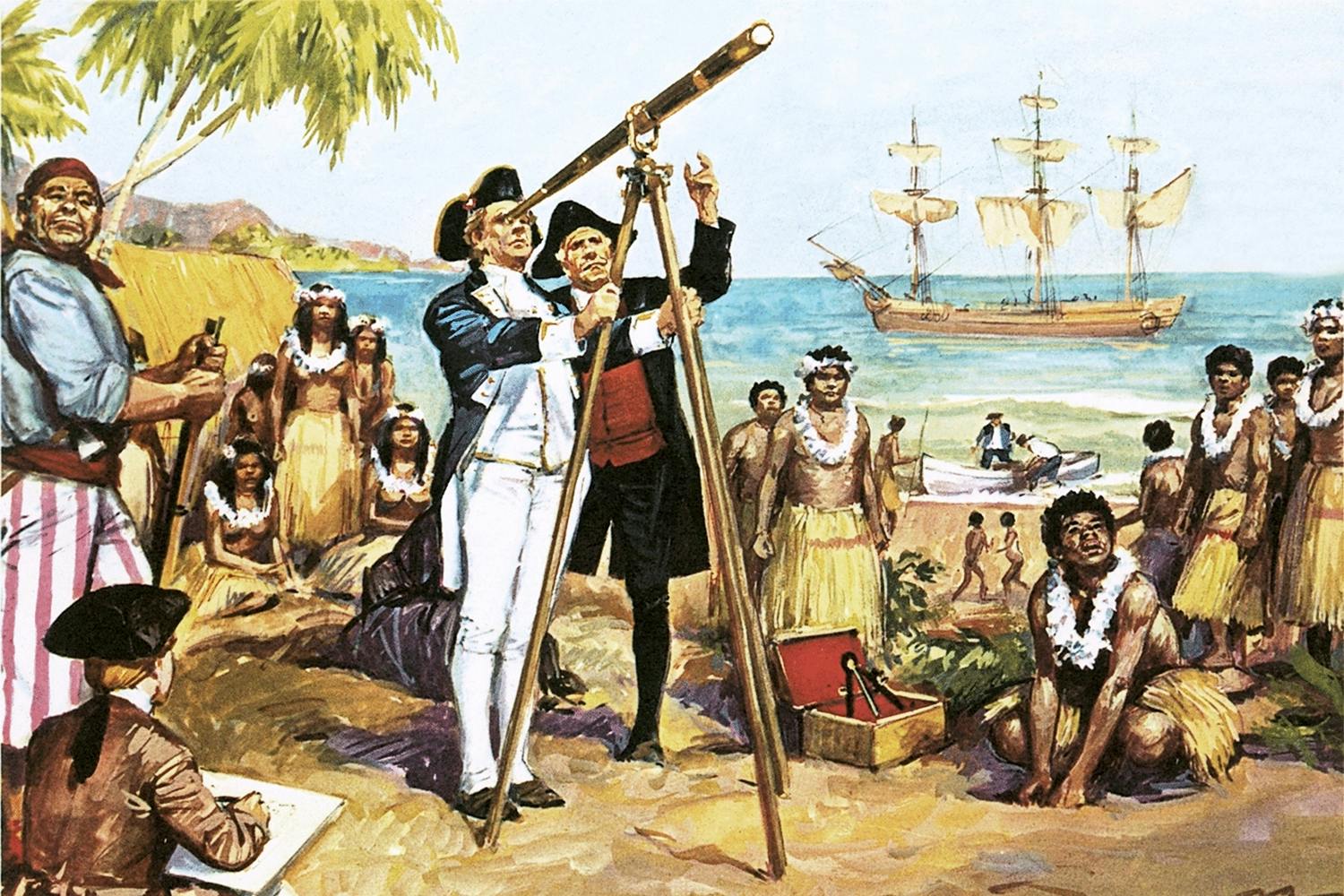Who after anchoring off hawaii in 1779 was mistaken for the god lono captain james cook

Who, after anchoring off Hawaii in 1779, was mistaken for the god Lono? Captain James Cook.

When Captain James Cook and his crew anchored off the coast of Hawaii in 1779, they were met with a curious and unexpected reception. The islanders, in a case of mistaken identity, believed Cook to be the god Lono, a deity associated with fertility, agriculture, and peace.
The Arrival of Captain Cook
Upon arriving in Hawaii, Cook and his crew were greeted by the native people with awe and reverence. The islanders were fascinated by the advanced technology and weaponry brought by the Europeans, including the large sailing ships that seemed to them like floating islands.
The Belief in Lono’s Return
In Hawaiian mythology, Lono was believed to have left the islands promising to return one day. The natives often conducted religious ceremonies and rituals to welcome his return. When Cook and his crew arrived, their fair complexion, tall stature, and the resemblance of their ships to floating islands led the islanders to believe that Cook was the long-awaited god Lono.
Mistaken for a God
As the islanders mistook Cook for Lono, they showered him with gifts and offerings, hoping to gain his favor. They believed that Lono’s return would bring them prosperity and peace.
Cook and his crew were initially unaware of the islanders’ misconception. Delighted by the friendly reception, they accepted the gifts and participated in the rituals, unknowingly encouraging the belief that Cook was indeed the deity.
The Unraveling of Misconception
Over time, tensions began to rise as the crew naturally started to show signs of humanness. The demands of daily life and the inevitable cultural clashes caused misunderstandings and disputes between the Europeans and the islanders.
The misunderstanding of Cook’s identity started to unravel when conflicts arose, challenging the notion that he was a god. The native people’s perception shifted from awe and reverence to disappointment and eventually hostility.
The Tragic End
Despite the initial belief that Cook was the god Lono, the natives’ disillusionment led to a tragic end. In February 1779, an altercation occurred between Cook’s crew and the islanders, resulting in the death of a Hawaiian chief. The death of the revered chief ignited a wave of anger and retaliation.

As a result, Captain Cook and some of his men were attacked. Despite attempts to negotiate, the violence escalated, ultimately leading to Cook’s untimely death on February 14, 1779.
Conclusion
The mistaken belief that Captain James Cook was the god Lono had profound consequences. It initially led to a warm reception, but eventual clashes of cultures shattered the illusion of divinity, resulting in tragedy. The story of Cook’s encounter with the Hawaiian islanders serves as a reminder of the complexities of cross-cultural interactions and the potential dangers of misunderstanding.
Tags
Share
Related Posts
Quick Links
Legal Stuff

